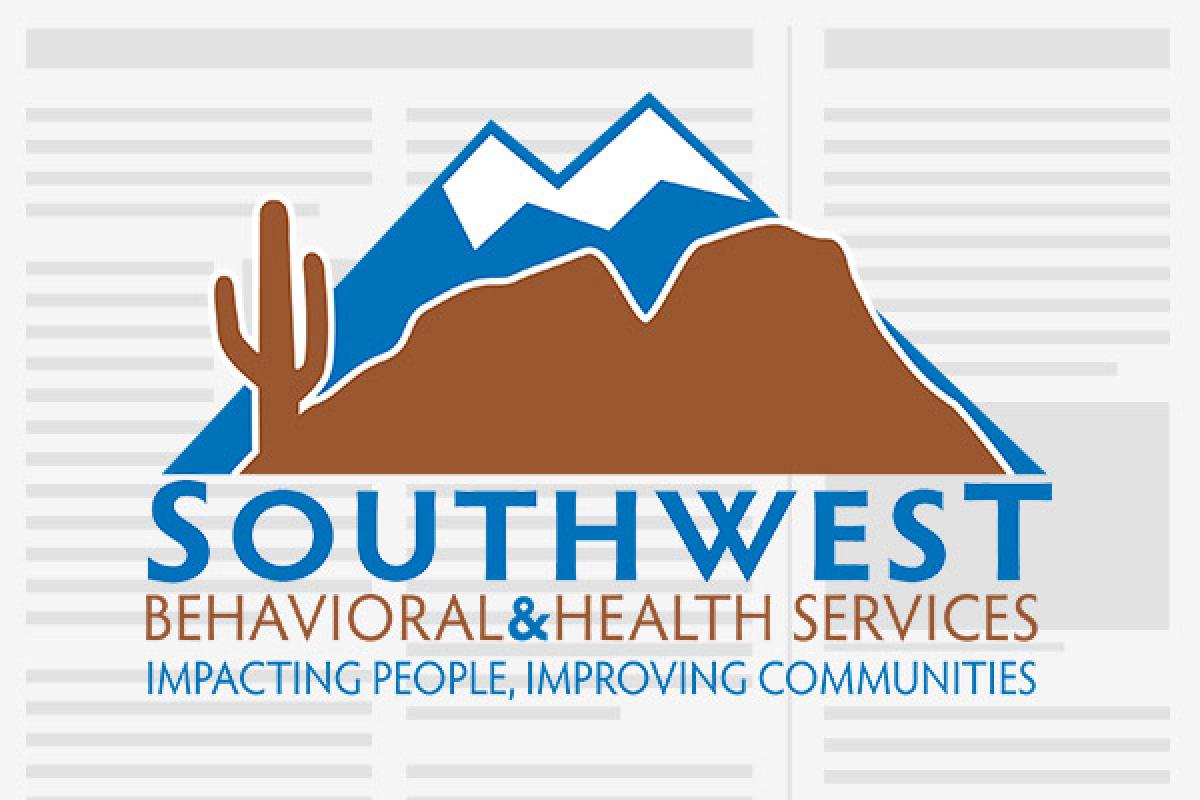
By: Kathy Graziano, M.D., FACS, FAAP
As a practicing pediatric surgeon in the Valley for six years now, I am always looking for new ways to further educate myself and stay current on issues affecting my industry. In 2009, I happened upon a great opportunity to volunteer with DrugFreeAz.org. A friend and colleague of mine e-mailed me about Rx 360 – a research-based community education program developed to raise awareness of the problem of prescription drug abuse by middle and high school-age children. The Arizona Affiliate was set to pilot the program and was looking to recruit physicians to get involved and hold presentations. I figured, why not? – I grew up in Arizona, I’m not shy and I write prescriptions. It would be a learning experience for both me and the audiences I would reach through the pilot program. I was amazed by what I learned.
Here in Arizona, 12th graders abuse prescription pain relievers at well above the national average (23.1 percent versus 13.2 percent). Scarier still, Arizona 8th grade pain reliever lifetime abuse is nearly triple the national average (11.5 percent versus 4.4 percent), with one in ten 8th grade students reporting they have taken a prescription pain reliever such as Vicodin, Oxycontin, Percocet or Codeine without a doctor telling them to do so.
Aggravating the issue are weak perceptions of risk among both teens and their parents – both believe abusing medicine is NOT as dangerous as using “street” drugs – and ease of access to teens – medicines are readily available in their own or a friend’s medicine cabinet or from their own or a friend’s prescription. Medicine abuse has become a “normal” activity for teens, and some parents’ acceptance of this issue does not help. In fact, 13 percent of parents believe abusing a prescription is safer than abusing illegal drugs, according to an October 2010 study conducted by the Arizona Affiliate.
Simply put: intentional misuse of prescription medications is the biggest teen substance abuse challenge we face today in Arizona. As a surgeon, I find these statistics alarming, and I felt compelled not only to speak out on behalf of the Partnership, but to address these topics with my patients and their families as well. Since my work began with DrugFreeAz.org, I have changed the conversation I have when I write prescriptions, therefore changing the way I practice medicine.
Every time I write a prescription for a patient, I begin by educating them about alternatives – using Motrin rather than a painkiller, etc. I encourage parents not to fill a prescription if their children do not need the medication. If they do fill it, I stress the importance of the parents being in charge of dispensing the medication, as well as properly disposing of the pills once the child or teen no longer needs them. I tell the parents that while their children might not be interested in the left over pills; their friends might get a hold of them. As a practice, my colleagues and I have decreased the number of prescriptions we write, and have stopped refilling prescriptions over the phone. Instead, we ask our patients to come in to the office so was can assess their need for more pills.
Pediatric surgeons treat children of all ages, from newborns to 18-year-olds, but it is never too early to start the dialogue about drug abuse and misuse. The average age a child tries drugs in Arizona for the first time is just 13 years old.
I use every opportunity that I can to talk with my kids (ages 3, 7 and 9). Shortly after I began working with the Arizona Affiliate, I was at a fair with my eldest daughter at her school, and she got her fortune told. The fortune teller told her that she is going to be smart and to make sure she doesn’t do drugs. She agreed and said she wouldn’t go near drugs, but, she said, “Drugs from doctors are okay.” Her reply indicated she was able to differentiate between street drugs and those prescribed by a doctor, so I used the situation as a teachable moment to set things straight.
Overall, parents are receptive to this information. Parents immediately pay attention, and several have heard about prescription drug abuse among kids and teens. I have also found that not only are they aware of this issue, but they want more information about it from their children’s doctors during routine checkups (a finding reflected in Arizona Affiliate research).
In my view, just the fact that I am able to have these conversations with parents is a step in the right direction. My hope is that they go home and continue the conversation with their children, and that they seek out DrugFreeAz.org for continued support and ideas on how to keep their kids safe and healthy.
Kathy Graziano is a pediatric surgeon with Pediatric Surgeons of Phoenix. She lives in Ahwatukee with her husband Joseph, a pediatric cardiologist, and her daughters Annie, Zoey and Kara.













